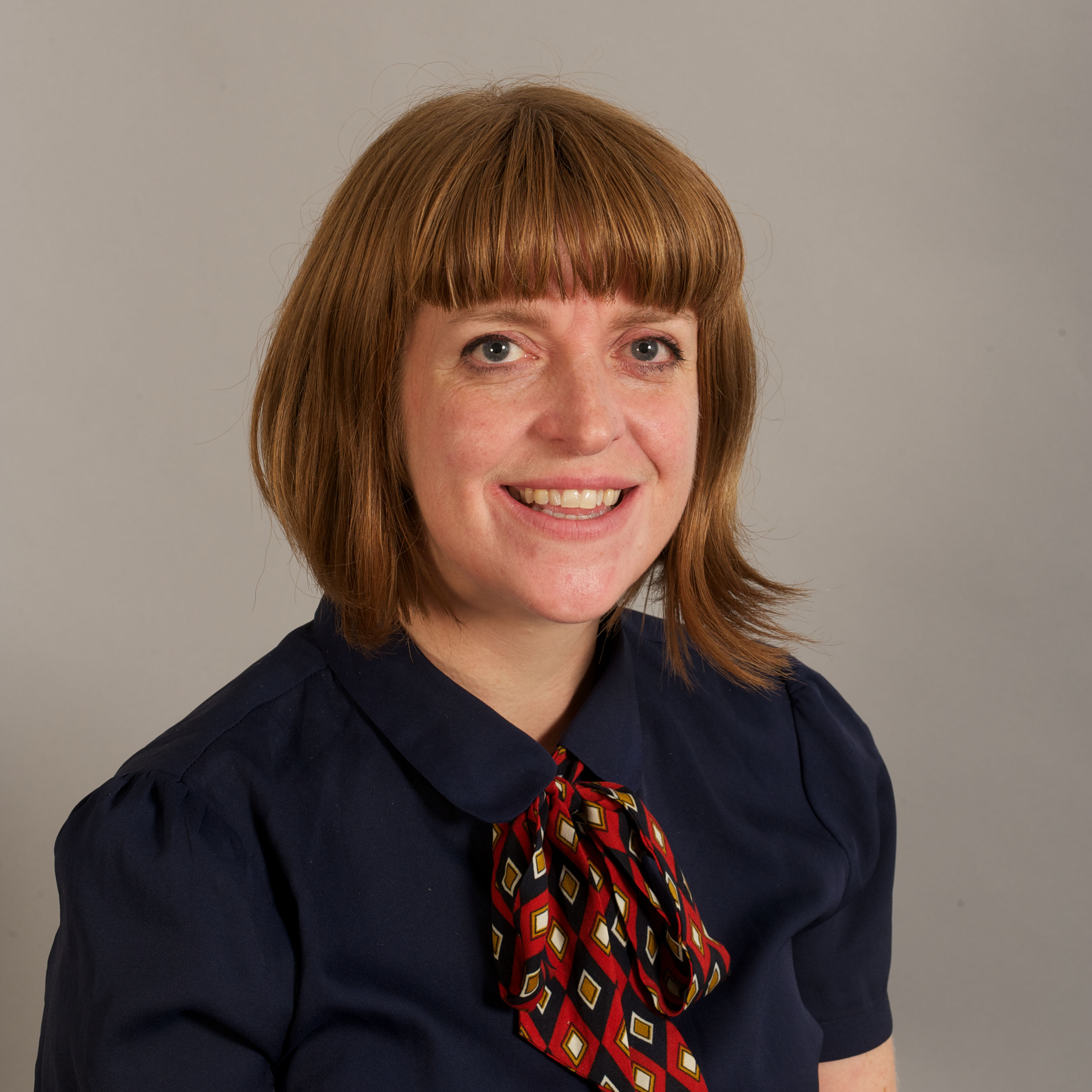
Dr Claire Timmins
Senior Teaching Fellow
Speech and Language Therapy
Area of Expertise
- Accent variation and change
- Playful learning in HE
- Programme Leadership in HE
Prize And Awards
- Best Overall Teacher
- Recipient
- 18/5/2023
- Digital Innovator
- Recipient
- 13/5/2021
- Digital Innovator
- Recipient
- 13/5/2020
- Most Innovative Teacher
- Recipient
- 10/5/2019
- Senior Fellowship of the Higher Education Academy
- Recipient
- 18/10/2018
Publications
- "Wish you were here" : building a playful learning community
- Timmins Claire, Faulkner Suzanne, Grey Simon
- Playful Learning Conference (2025)
- Connect & Reflect: Playful Idea Sharing
- Timmins Claire, Faulkner Suzanne, Grey Simon
- Playful Learning Conference (2024)
- Using online Escape Rooms for summative assessment
- Timmins Claire
- Escape Rooms in Education Showcase 2.0 (2024)
- Working toward phonetics competencies : an investigation of the current provision and techniques for teaching clinical phonetics and phonology within UK and Ireland based HEIs
- Timmins Claire, Moreland Matthew, Bates Sally, Cornelius Pip, Knight Rachael-Anne, Titterington Jill, White Sarah L, Wright Aileen
- 2024 Colloquium of the British Association of Academic Phoneticians (2024)
- Adapting word games for teaching phonetics
- Timmins Claire
- (2023)
- https://doi.org/10.25416/NTR.24099525.v1
- Take a break : using adapted word puzzles for teaching languages
- Timmins Claire
- Playful Learning Conference (2023)
Teaching
I am module leader and lecturer for the following:
B6118 Clinical Phonetics and Phonology, B6119 Anatomy and Physiology for Speech and Language Pathology 2, B6117: Linguistics 1 Introduction to Language and Communication, B6340: Linguistics 3 Sociolinguistics, Multilingualism and Speech Acoustics, B6441 Advanced Study Options.
I also provide supervision for 4th year undergraduate dissertations.
Research Interests
My current research lies in the use of creative and playful learning in Higher Education. I am interested in how we can use technology and gaming to increase student engagement and successfully achieve learning outcomes.
I am also interested in how we can support and develop Programme Leaders in their role at Strathclyde.
Professional Activities
- #LTHEchat (External organisation)
- Member
- 7/1/2026
- A Practical Guide for Designing a Programme Leader Induction Session
- Contributor
- 10/10/2025
- Innovations in Linguistics Education (Journal)
- Editorial board member
- 1/9/2025
- Language and Society in Scotland (External organisation)
- Member
- 22/8/2025
- Language in Society in Scotland (External organisation)
- Advisor
- 22/8/2025
- 21st Biennial Conference of International Clinical Phonetics and Linguistics Association
- Member of programme committee
- 1/8/2025
Projects
- Fine phonetic variation and sound change: A real-time study of Glaswegian (also Sounds of the City)
- Stuart-Smith, Jane (Principal Investigator) Timmins, Claire (Co-investigator)
- 01-Jan-2011 - 01-Jan-2014
- An online Ultrasound Tongue Imaging resource for Phonetics, Linguistics, and Speech Therapy teaching at Scottish Universities (Seeing Speech)
- Stuart-Smith, Jane (Principal Investigator) Timmins, Claire (Co-investigator) Scobbie, James (Co-investigator) Turk, Alice (Co-investigator) Durham, Mercedes (Co-investigator) Beavan, Dave (Co-investigator) Barras, Will (Co-investigator)
- This online resource is a product of the collaboration between researchers at five Scottish Universities: The University of Glasgow, Queen Margaret University Edinburgh, the University of Strathclyde, the University of Edinburgh and the University of Aberdeen. The resource will provide teachers and students of Practical Phonetics with synchronised ultrasound video, audio and 2D/3D diagrams of modelled speech and spontaneous speech (drawn from collected UTI and MRI corpora).
The website can be accessed at: http://www.seeingspeech.arts.gla.ac.uk/uti/ - 01-Jan-2011 - 20-Jan-2013
Contact
Dr
Claire
Timmins
Senior Teaching Fellow
Speech and Language Therapy
Email: claire.timmins@strath.ac.uk
Tel: 548 3793
